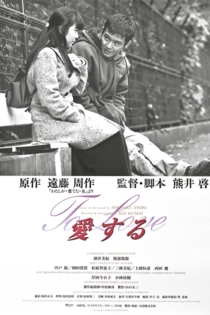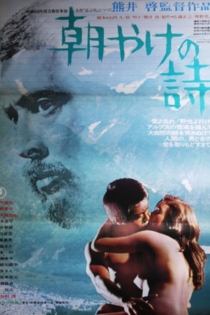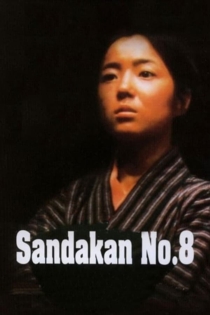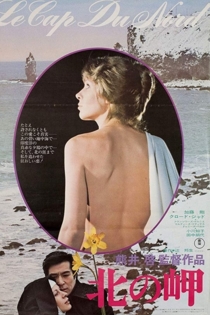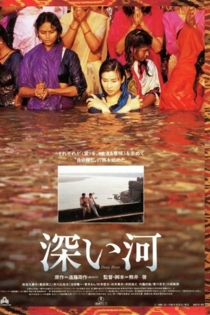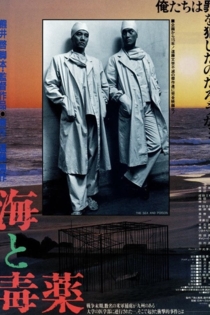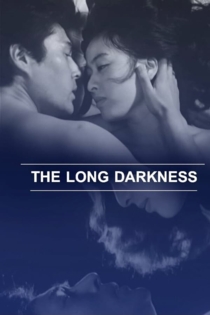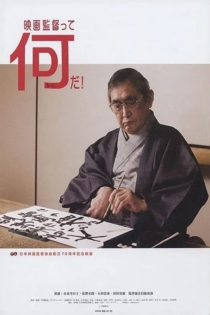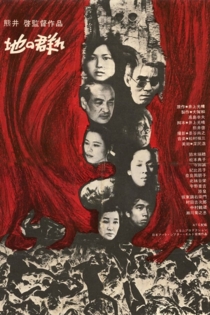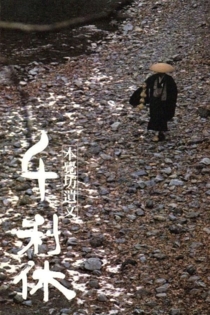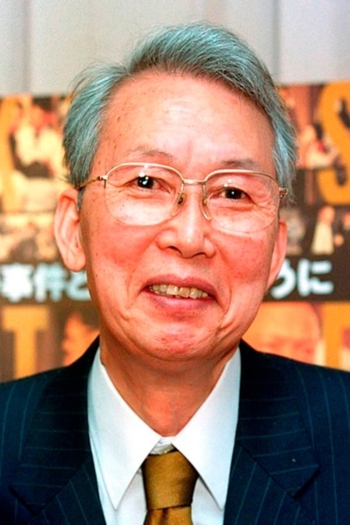
Kei Kumai
1930 - 2007He won the Directors Guild of Japan New Directors Award for his first film, Nihon rettō, in 1965.[2] His 1972 film Shinobu Kawa was entered into the 8th Moscow International Film Festival.[3] His 1973 film Rise, Fair Sun was entered into the 24th Berlin International Film Festival.
Sandakan No. 8 received widespread acclaim for tackling the issue of a woman forced into prostitution in Borneo before the outbreak of World War II. The film was nominated for the Best Foreign Language Film at the 48th Academy Awards.
お吟さま
Kei Kumai
Ryoko Nakano, Takashi Shimura
Sen Rikyu is a ceremonial tea master who advises warlord Hideyoshi in sixteenth-century feudal Japan. His daughter, the beautiful Lady Ogin, has an unrequited love for Lord Ukon, who has angered Hideyoshi by becoming a Christian convert. Ogin's father Rikyu also displeases Hideyoshi by opposing the warlord's plan to invade China and Korea. When the animalistic Hideyoshi is rejected by Ogin, he threatens her and her father with arrest and worse.
Love and Faith
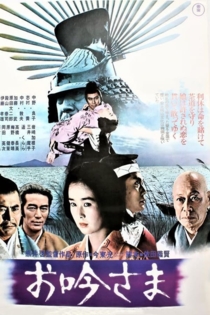
日本の熱い日々 謀殺・下山事件
Kei Kumai
Tatsuya Nakadai, Ichirô Nakatani
The president of the Japanese National Railways is found dead during a period in which train service is plagued by numerous layoffs, strikes and shutdowns. The government says that the president was murdered; the police claim it was a suicide. A quizzical reporter follows the case for years, but the basic question remains unanswered: was the victim killed by members of the burgeoning Communist movement in Japan, or was the death stage-managed by the authorities in hopes of discrediting the Communists?
Willful Murder
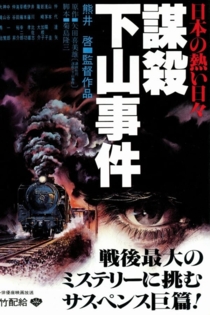
The Sea Is Watching
Kei Kumai
Misa Shimizu, Nagiko Tôno
O-Shin is a young brothel worker who, one night, helps a young samurai escape from his pursuers. Against the warnings of her fellow workers, particularly Kikuno and the brothel's owner, O-Shin falls in love with the samurai.
The Sea Is Watching

帝銀事件 死刑囚
Kei Kumai
Kinzō Shin, Taketoshi Naitô
On January 26, 1948, a robbery of the Teigin bank took place in Tokyo - the criminal poisoned the bank employees and fled the scene with a large amount of money. In parallel with the investigation conducted by the Japanese police, journalists are also trying to find the culprit. Based on a true incident.
The Long Death
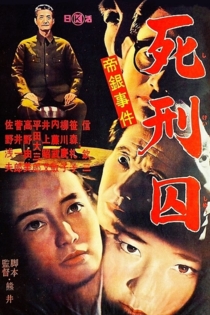
黒部の太陽
Kei Kumai
Toshirō Mifune, Yûjirô Ishihara
Kitagawa is an engineer charged with construction of a gigantic tunnel through the Japan Alps for the transportation of equipment in the building of the massive Kurobe Dam. The tunnel crosses an earthquake fault and Kitagawa is beleaguered not only by cave-ins and flooding, but by strife between management and the workers's union. Adding to Kitagawa's stress is the knowledge that as his attention is pulled inexorably toward the tunnel construction, his youngest daughter is dying from leukemia.
The Sands of Kurobe
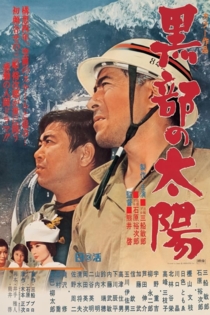
天平の甍
Kei Kumai
Katsuo Nakamura, Masaaki Daimon
Set in Japan's Tenpyou era (729-749 CE), four young monks are sent to China to study Buddhism and bring a high priest back to Japan with them. The film tells the tale of the four monks' youth and the life and times of the high priest Ganjin.
An Ocean to Cross
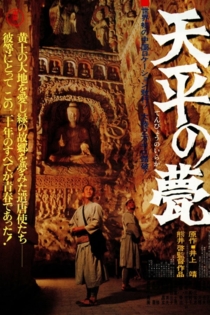
愛する
Kei Kumai
Miki Sakai, Atsuro Watabe
Mitsu works in a factory and has a crush on Tsutomu, a young man she met on the Tokyo streets. One day the two go out, and after some deception, Tsutomu manages to have his way with her. Coming from a broken home, he is frightened by love, so he cruelly allows her to wake up alone. A month passes and a more grown-up Tsutomu returns. The lovers joyously reunite and move in together. All is blissful until both notice a strange sore on Mitsu's arm. The doctors diagnose it as leprosy. Without telling Tsutomu, Mitsu checks into a leper sanitarium. Hanging out with society's pariahs gives her much insight. She discovers the old lepers to be wonderful people. In turn, Mitsu becomes their source of joy and renewed hope. Still, she misses her Tsutomu. One day, the doctors inform her that they erred and that the sore is not leprosy. Happily she heads back to her true love until she realizes with a guilty pang that to return to him would mean unhappiness for her newfound friends
To Love
